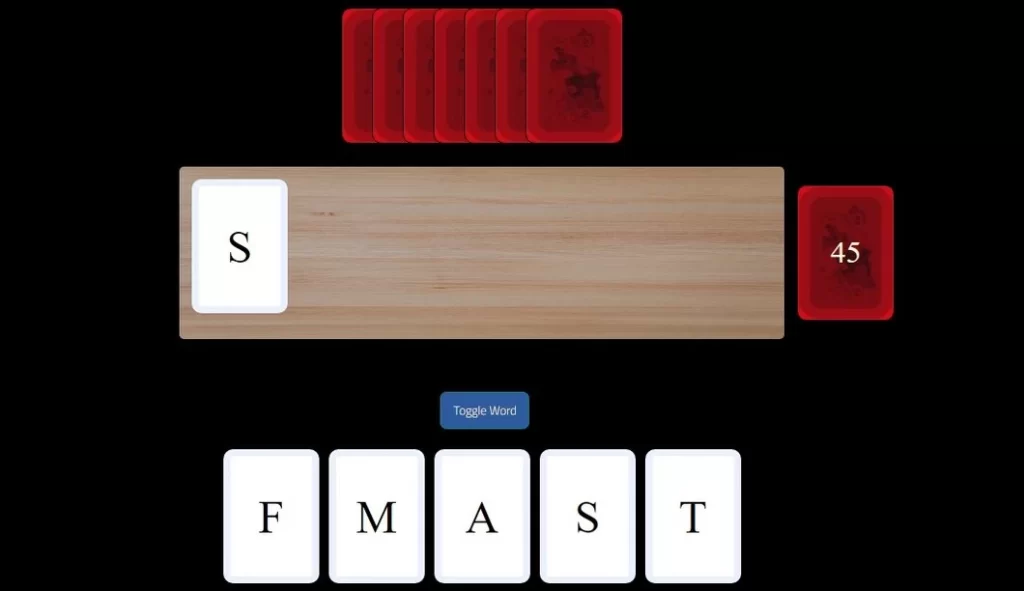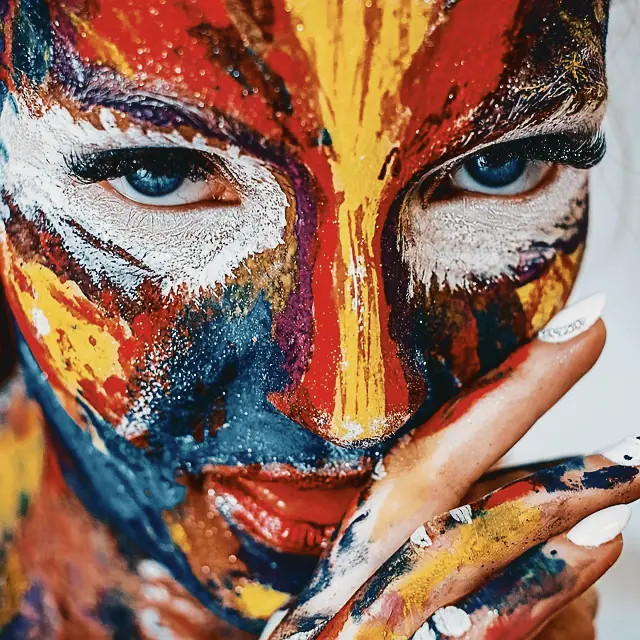Have you ever noticed those ruthlessly competitive parents who live their own dreams through their children? Don’t you hate it when they approach 7-year-olds’ soccer practice like it’s the World Cup? It’s the same with art: Enjoying your art is the only way to truly become creatively good at it.
You might recall an old post of mine on whether writing skills can be taught. In it, I explained how hard work isn’t enough (and neither is talent, in case you’re wondering). What I didn’t say in that post (not explicitly, at least) was that enjoying your art is a crucial aspect of improving.
All those tiger moms who send their 3-year-olds to excruciating piano lessons or ballet – without even asking them if they like it – are a surefire way of creating technical gods and goddesses who have no goddamn clue what true art is.
Let’s see why enjoying your art is crucial – and how you can enjoy yours!


